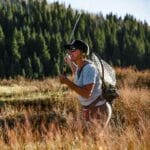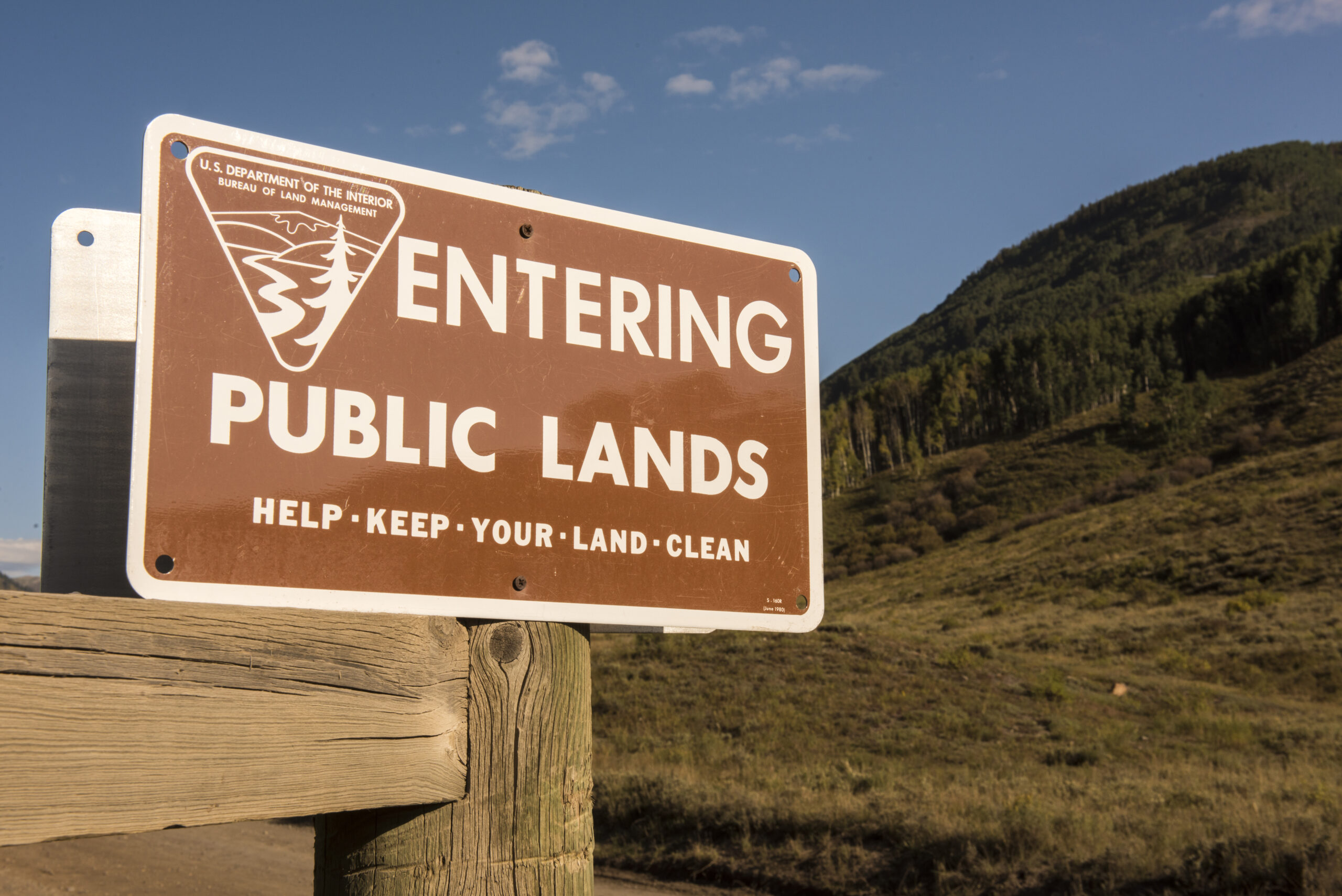Now, let’s get them passed in the Senate
Here at Trout Unlimited, we couldn’t do our work nor enjoy opportunities to fish for the trout and salmon we love without public lands.
Last week, the U.S. House of Representatives voted to pass a slate of public land provisions to protect important trout and salmon habitats across the west, including including priority landscapes that TU has been advocating for in Colorado, Nevada, and California.
Now is the time to thank your representatives – in particular representatives from Colorado, Arizona and California who championed for these provisions – and urge our Senators to take the same steps to move these important protections forward through the Senate.
Trout Unlimited strongly supports these bills as they will better conserve and restore public lands, watersheds and coldwater fisheries in three Western states. These protections will also support the country’s commitment to countering the impacts of climate change by protecting at least 30 percent of our land and waters by 2030.
“Few places are more important to trout and salmon than our network of public lands that are owned by all Americans,” said, Chris Wood, CEO and president of Trout Unlimited. “All western salmon and steelhead rivers, and the majority of blue-ribbon trout streams in the West, flow from or through public lands. Public lands are the source of drinking water for more than 60 million Americans. Public lands are the backyard of the little guy, not the playground of the rich and famous. These are the places where we can go, often for little to no entry fee, to fish, hunt, hike, or simply catch our breath.
Our changing climate and extensive and extended drought in the West means we must do more to protect our headwaters and trout and salmon strongholds. This package of public lands bills does just that, and we salute the congressional champions for ensuring our country’s conservation legacy.”
These bills were introduced last year and also made it through the House, but the legislation never advanced in the Senate. Built over years of public outreach by its sponsors with feedback from local elected officials, businesses, chambers of commers, and recreation and conservation interests, we ask you to speak up to thank the House representatives and urge similar support from your Senators to see these through to law.
The four bills in the NDAA package that TU supports are:
Colorado Outdoor Recreation and Economy (CORE) Act This bill would safeguard some 400,000 acres of the wild and historic landscapes that define Colorado and support the state’s growing outdoor recreation economy by designating new wilderness, special management areas and national recreation areas. The bill balances public access to fishing, hunting and recreation in these special places with protection of pristine headwaters and crucial wildlife habitat. The unique Thompson Divide is particularly important, with its roadless landscape providing refuge for numerous wildlife species, including native trout and large populations of elk and other big game species. We thank Rep. Joe Neguse (CO-2) for introducing the CORE Act, and his fellow Colorado Representatives Crow, DeGette and Perlmutter for their support.
Thank Representative Neguse by clicking here and read more on the CORE Act here.
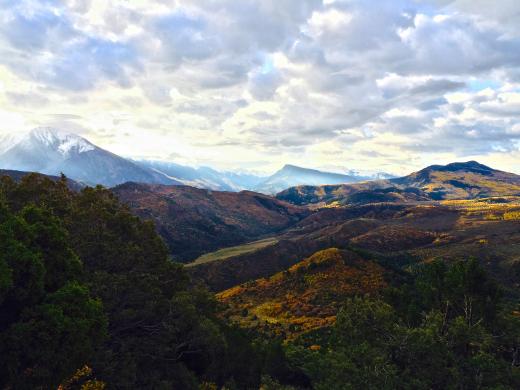
Grand Canyon Protection Act This bill would help protect the health of Tribal people in Arizona, the water quality of the Colorado River, and numerous wildlife species, while sustaining some of the multiple-use values of these public lands. While the Department of the Interior previously withdrew new mineral resource extraction as a use of these lands, it is crucial that Congress act to permanently protect the lands around Grand Canyon National Park from future uranium mining, including lands bordering the Colorado river leading up to the world-renowned Lee’s Ferry trout fishery—a defining region of Arizona and the Southwest that supports guiding companies and outdoor recreation. We thank Rep. Raul Grijalva (AZ-3) for authoring the Grand Canyon Protection Act and to his fellow Arizona Democratic Representatives O’Halleran, Stanton, Kirkpatrick and Gallego for their support.
Learn more and take action at tu.org/protectyourcanyon
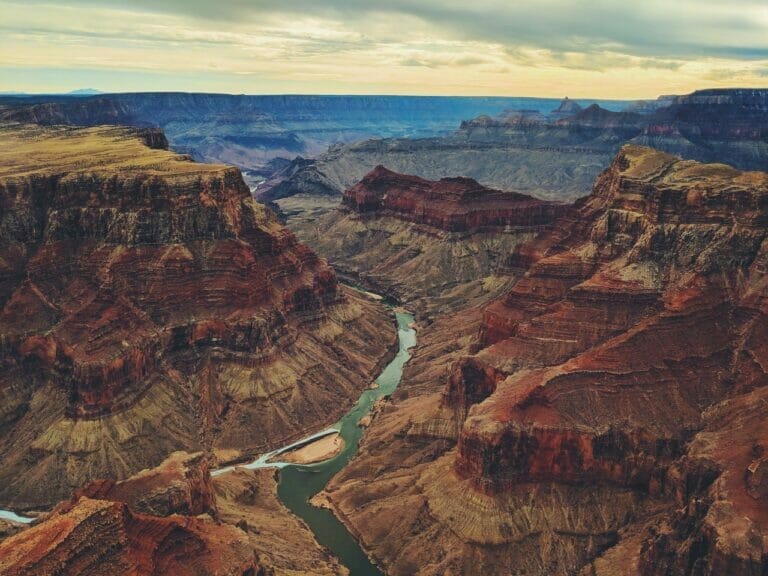
Northwest California Wilderness, Recreation and Working Forests Act This bill would address some of the primary current threats to the world-class fishing and hunting opportunities in northwest California, including uncharacteristically severe wildfire, threats to water quality and habitat from illegal marijuana cultivation, and the need for new and improved recreational infrastructure. This legislation will better conserve some of the most famous steelhead and salmon fisheries in the world, including the Trinity, Eel, Mad and Mattole Rivers, through new land and water designations and landscape restoration and wildfire threat reduction actions. We thank Rep. Jared Huffman (CA-2), and his California co-sponsors Reps. Carbajal (CA-24) and Napolitano (CA-32) for authoring the Northwest California Wilderness, Recreation and Working Forest Act.
Thank Rep. Huffman by going here, and Senator Alex Padilla for introducing this bill in the Senate by going here.
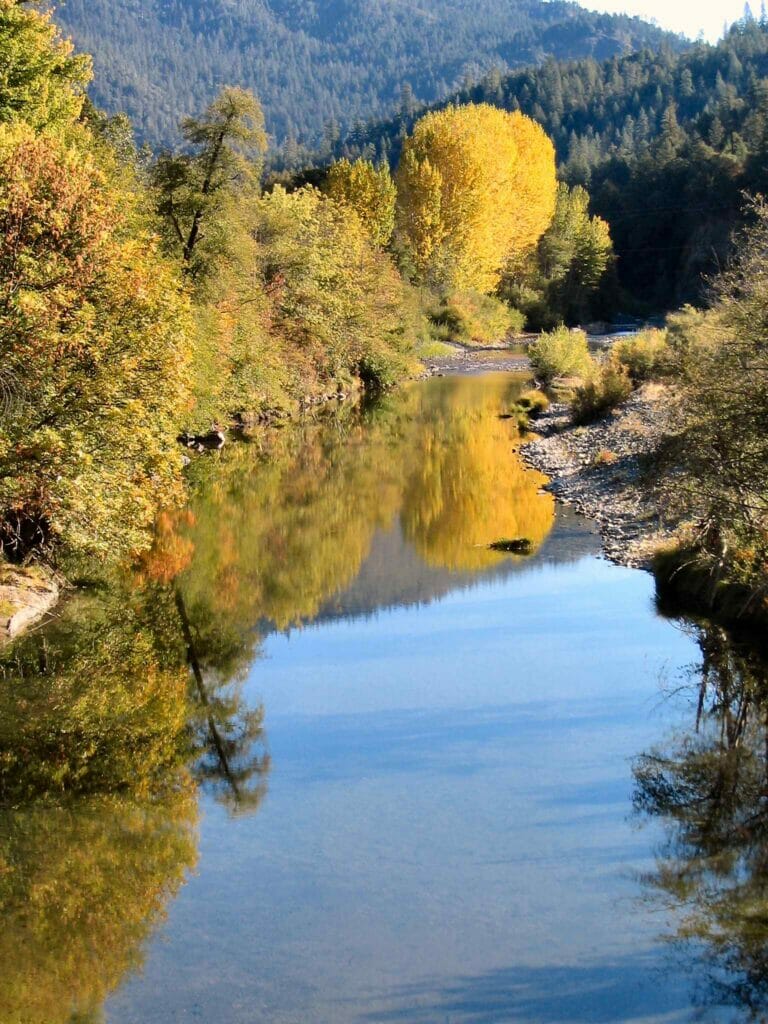
Central Coast Heritage Protection Act This bill would designate 159 miles of California central coast streams as Wild and Scenic Rivers and encourage the development of new, and repair of existing, recreation infrastructure. Wild and Scenic River designation will help conserve coldwater habitats and fishing opportunities in a semi-arid region where the lower portions of coastal watersheds often dry back in the summer and where there are few coldwater fishing opportunities. Sespe and Piru Creeks in the Los Padres National Forest, in particular, would benefit—these creeks are two of only three state-designated Wild Trout streams in southern California. We thank Rep. Salud Carbajal (CA-24) and his co-sponsors, Reps. Huffman (CA-2), Chu (CA-27), Panetta (CA-26) and Soto (FL-9), for including the Central Coast Heritage Protection Act.
Thank Rep. Carbajal by going here, and Senator Alex Padilla for introducing this bill in the Senate by going here.
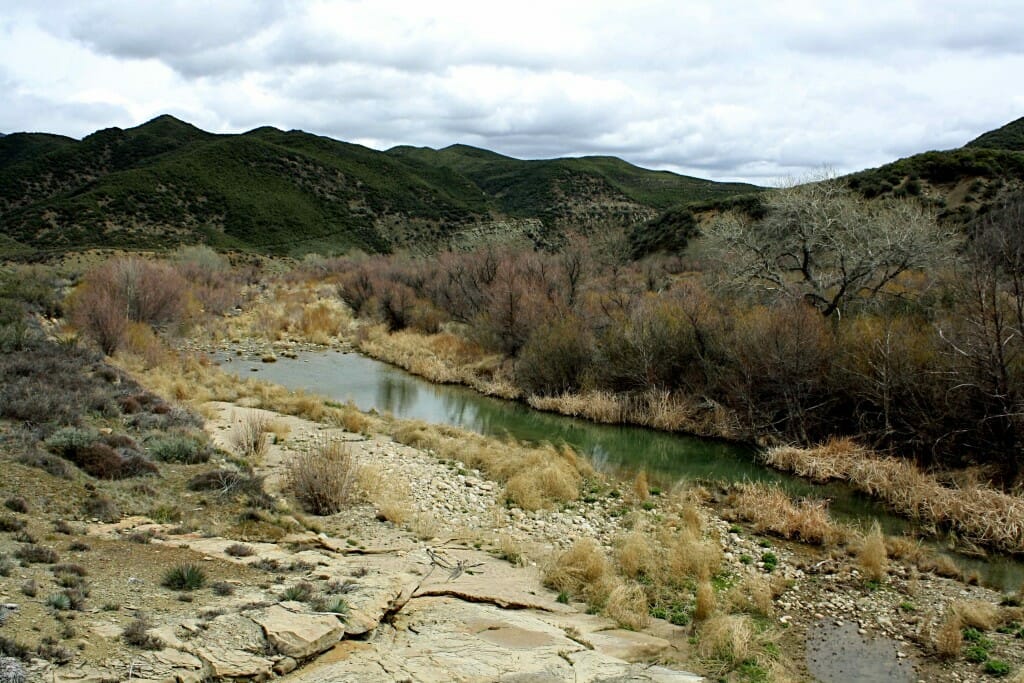
San Gabriel Mountains Foothills and Rivers Protection Act This bill would designate some 26 miles of the north, west, and east forks of the San Gabriel River as Wild and Scenic River. The upper reaches of the San Gabriel River harbor wild trout with remnant southern steelhead genetics. Moreover, WSR designation ensures that fishing will remain a recognized use of these resources and will better conserve the habitat values that are the basis for the few coldwater angling opportunities found here. We thank Rep. Judy Chu (CA-27) and her fellow California leaders for authoring the San Gabriel Mountains Foothills and River Protection Act.
Thank Rep. Judy Chu by going here, and Senator Alex Padilla for introducing this bill in the Senate by going here.
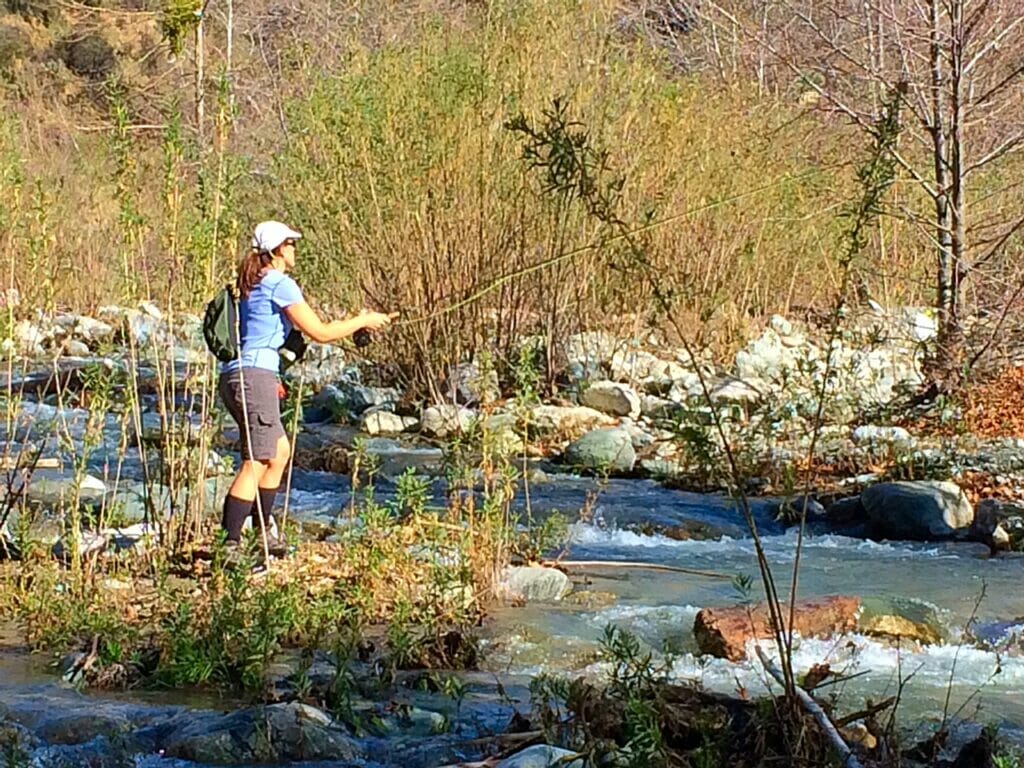
TU has been the leading voice in the sportsmen’s community for conservation of public lands and watersheds. Today, we remain committed to ensuring that our children, and theirs, will have healthy and productive coldwater fisheries and sustainable recreational opportunities on our national forests, parks and BLM lands. The inclusion of these public lands bills builds on this legacy, and we look forward to supporting its passage in the Senate.


